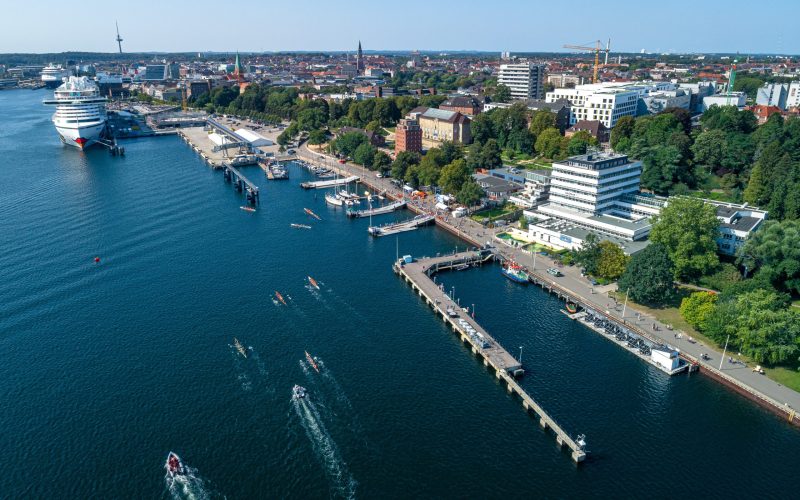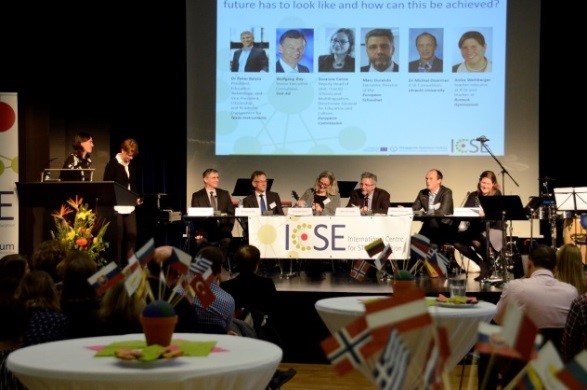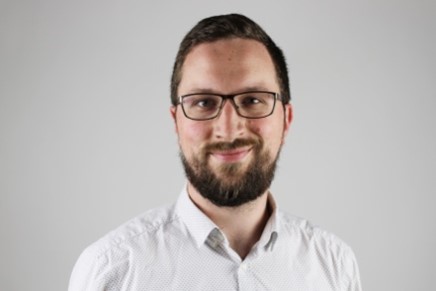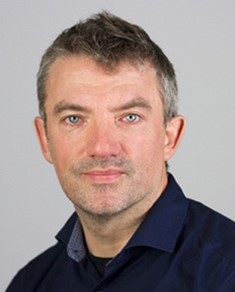The Northern German Research Center for Science and Mathematics Education
The Leibniz Institute for Science and Mathematics Education (IPN Kiel) at Kiel University is a research center for science and mathematics education. The IPN Kiel was founded in 1966 as a reaction to the Sputnik shock of 1957 and focused on the development of educational research in the natural sciences. Today, the IPN has 202 employees in 7 departments. It is also the host of the International Science Olympiads (Biology, Chemistry, and Physics), the German Youth Environmental Competition (BUW), and the German preliminaries of the International Junior Science Olympiad.

Kieler Förde. Photo: Marvin Radke, Unsplash
Initial Teacher Education at IPN
As a Leibniz Institute the IPN follows the guiding principle of “theoria cum praxi” to improve science and mathematics education through research. Research at the IPN is guided by four research lines: 1) domain-specific learning in kindergarten and school, 2) professional competencies of pre-school and school teachers, 3) science communication and extracurricular learning, and 4) methodological research and method development. Recent research projects in the Department of Physics Education include the AFLEK and the ALICE projects, which focus on supporting individualized competence development, the DEcOSTE project on designing and enacting coherent science teacher education, and the KielSCN, a newly established network for science communication. The institute is also associated with the Christian-Albrechts-University of Kiel and is involved in the initial teacher education and in-service teacher professional development in cooperation with the Ministry of Education in Schleswig-Holstein.
IPN’s history with ICSE
The IPN Kiel has been working with the University of Education in Freiburg long before ICSE was founded in 2017. Projects such as PRIMAS, mascil and MaSDiV have connected the IPN with the University of Education in Freiburg and established a connection that has proven to be beneficial for all stakeholders. In all previous projects, members of the IPN worked closely together with several partners of the ICSE consortium to ensure a high-quality implementation of all PD programs developed. In these collaborations, the IPN led the evaluation efforts, resulting in several joint publications.

ICSE Consortium Inauguration 2018. Photo: ICSE
Present and Future Outlook
The ICSE consortium meetings are always a great place to discuss visions for STEM education in Europe. It’s so valuable to bring together so many different perspectives on STEM education to collectively work on issues that concern all of us. The collaboration offers opportunities that exceed possibilities of individual actors in STEM education.
We are very excited to see the development of ICSE towards developing the vision for citizenship education in STEM subjects. With the focus of the ETE conference, there will be lots of groundwork in identifying trends and developing competences for future work.
IPN’s Team at ICSE
Prof. Dr. Knut Neumann: Knut Neumann is the head of the department of physics education at the IPN Kiel. His main research interests are students’ competence development in physics and STEM teacher professional competences. neumann@leibniz-ipn.de

Knut Neumann

Stefan Sorge
IPN’s Team at ICSE
Dr. Stefan Sorge: Stefan Sorge is a postdoctoral researcher at the department of physics education at the IPN Kiel. He is particularly interested in the development of professional knowledge of prospective STEM teachers. sorge@leibniz-ipn.de
